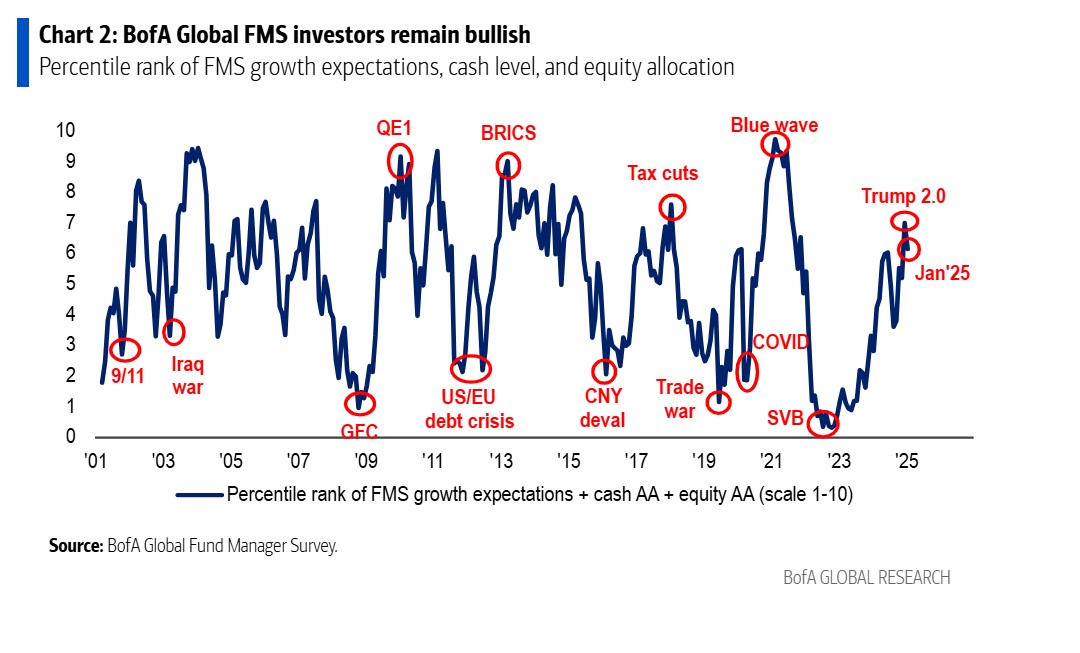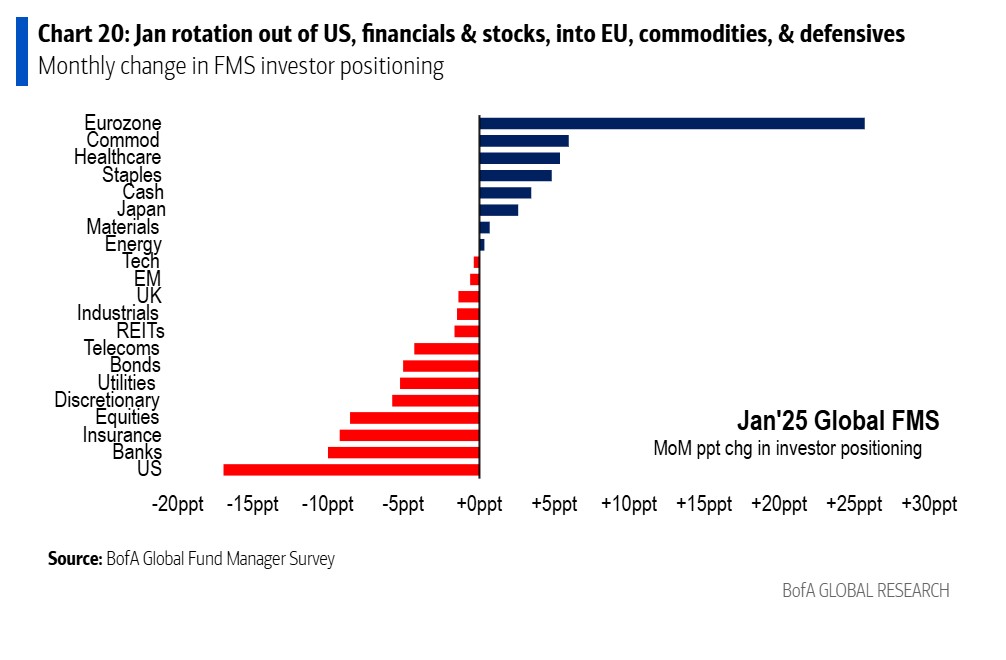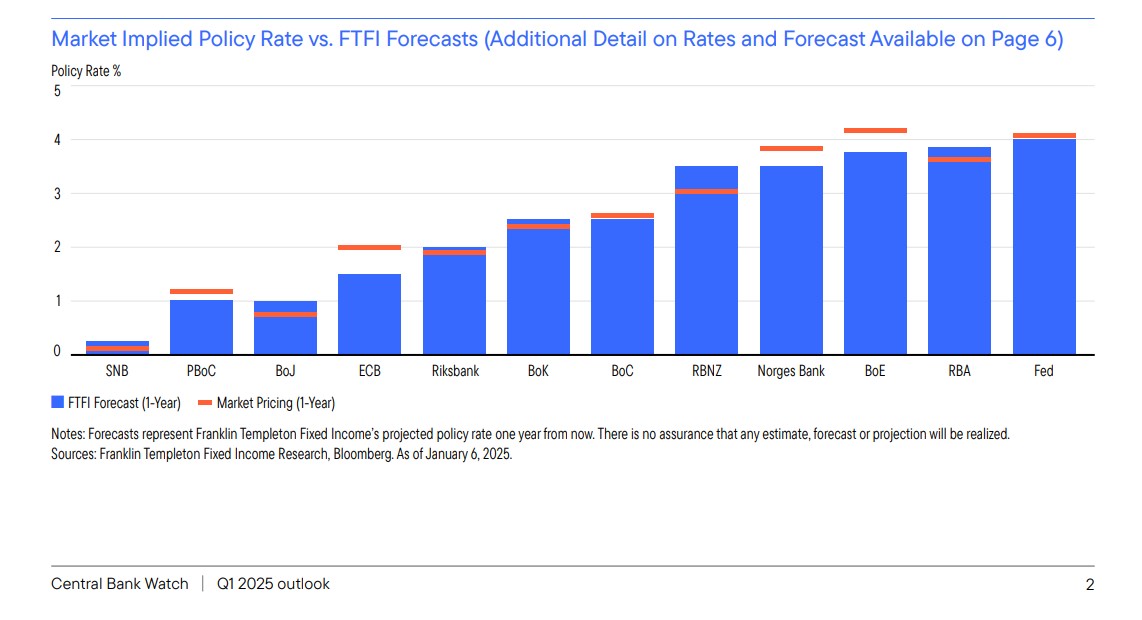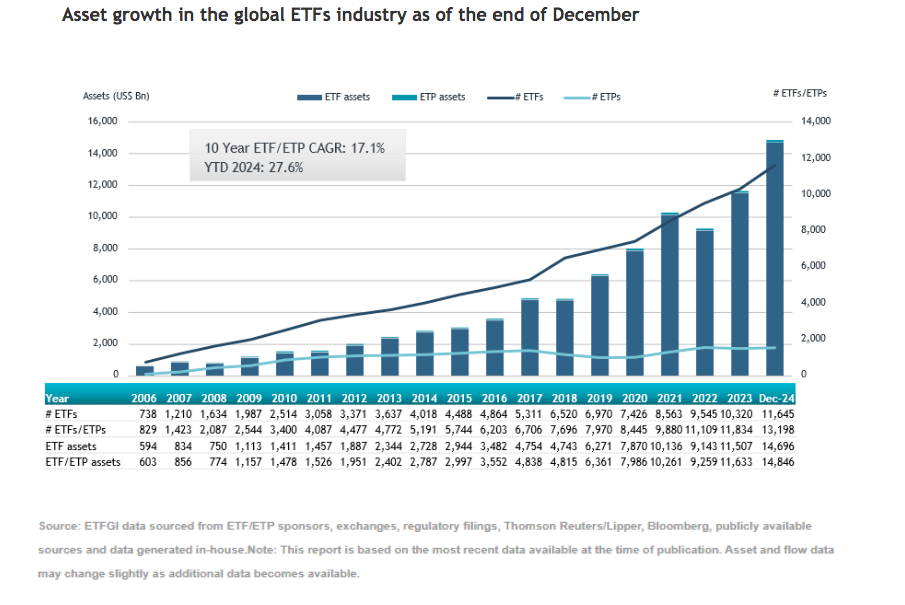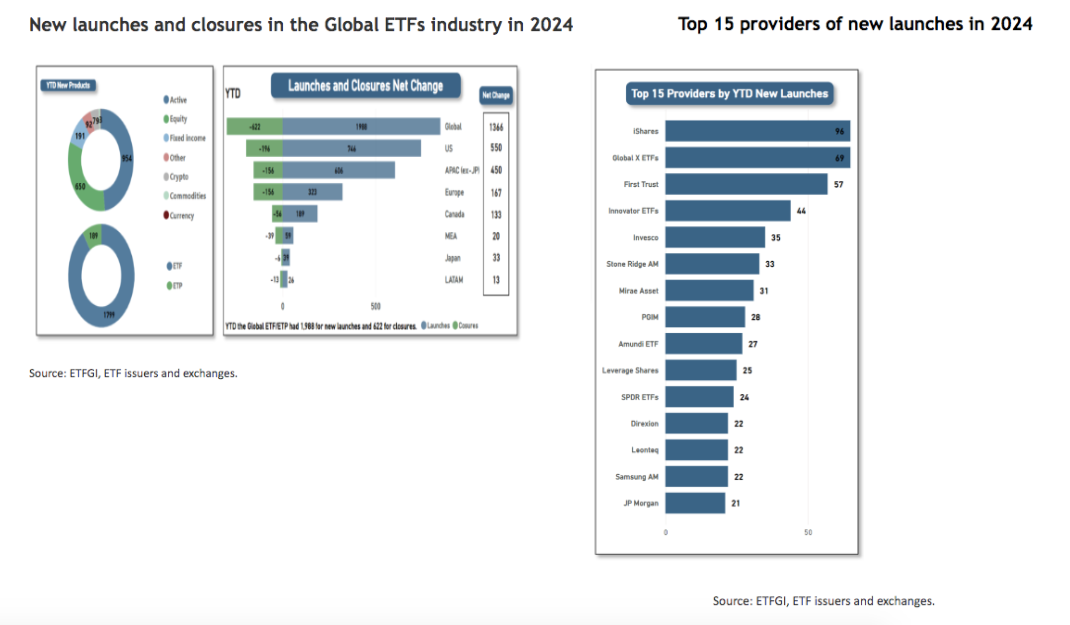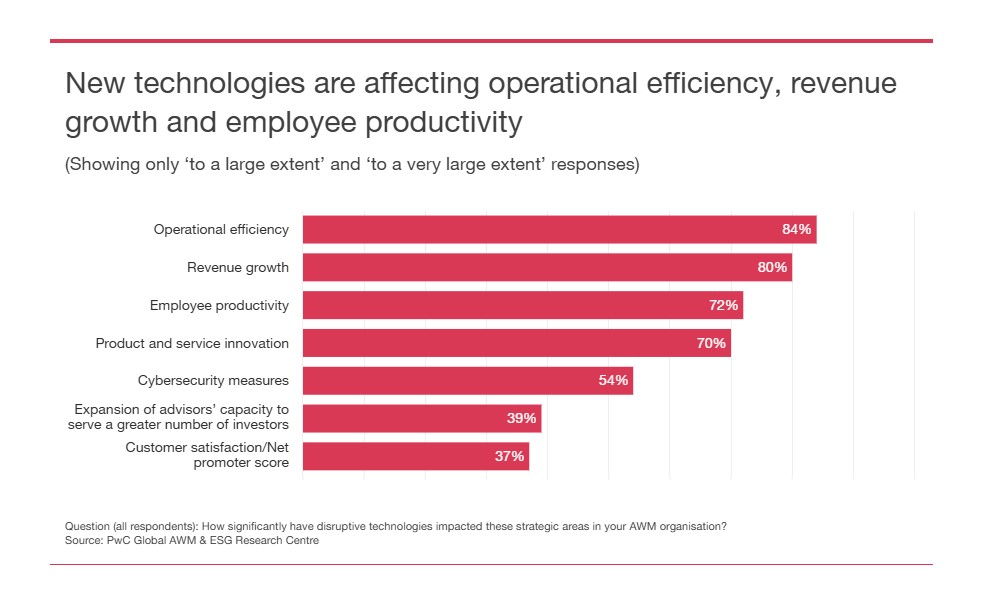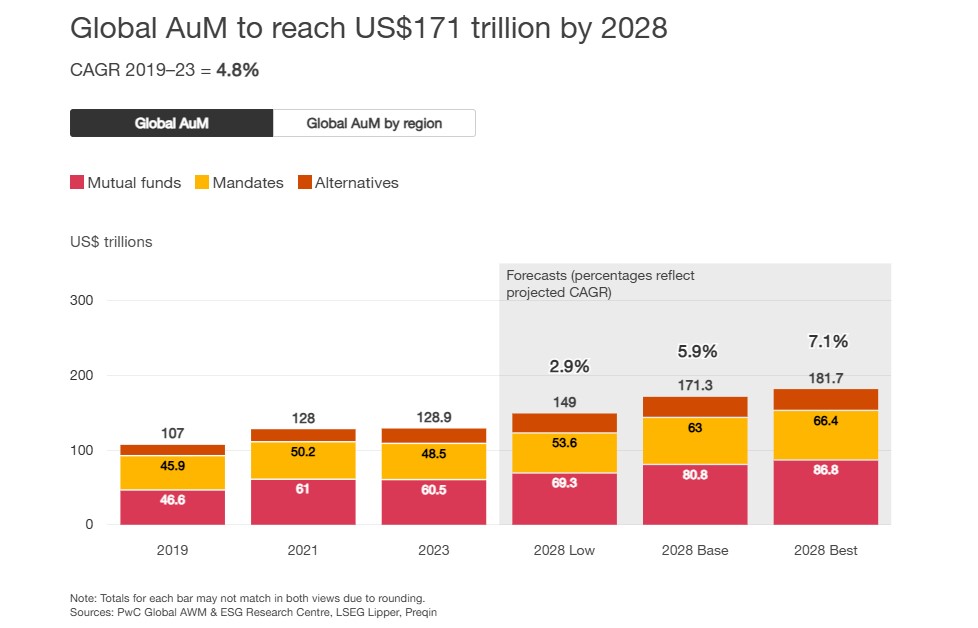Trump, Trump, Trump…: The Tune Heard by Markets and Investors
| By Amaya Uriarte | 0 Comentarios

We know—the words you’ve probably heard the most last week are Donald Trump. The first week of the 47th U.S. president’s term has been intense, marked by 25 Executive Orders. These range from withdrawing from the Paris Climate Agreement and the World Health Organization to declaring a national emergency on the southern border and an energy emergency. Other areas addressed include tariffs, immigration, and ending federal workers’ remote work policies.
Experts call for caution amid the noise
“So far, he hasn’t enacted any tariffs on imports. It’s unlikely that announcements of new policy measures from the Oval Office—whether they’re implemented or not—will decrease in the short term. Reacting preemptively to these is a losing proposition for investors. At the same time, as shown by the recent tariff threats against Canada and Mexico and the related currency movements, higher financial market volatility is likely to become a permanent feature of the new Trump administration,” notes Yves Bonzon, CIO of Julius Baer.
One of the most attention-grabbing announcements, beyond concerns about tariffs, has been the Stargate initiative, which brings together SoftBank, Oracle, and OpenAI in a joint venture committed to investing $100 billion in early-stage AI. The plan starts with a data center in Texas and aims to reach $500 billion in four years.
According to analysts at Banca March, this initiative boosted the tech sector, especially Microsoft, Nvidia, and Arm, which will build the infrastructure. “For context, it’s estimated that the total investment—regular business and AI deployment—of the four major hyperscalers (Amazon, Meta, Microsoft, and Alphabet) will reach $260 billion in 2025. This shows the ambition and relevance of the announced investments. The new president highlighted the strategic importance of maintaining leadership in AI development, particularly against growing competition from China. However, Elon Musk commented on the social network X that the initiative doesn’t yet have the financial capacity to deploy such a large investment, marking the first public disagreement between Trump and the entrepreneur,” the analysts highlight.
Another Executive Order formally established the Department of Government Efficiency (DOGE).
Although Elon Musk and Vivek Ramaswamy had discussed cutting $2 trillion from the government’s annual $6.8 trillion budget, the text didn’t mention any spending cuts. “Monday’s action shifts the effort away from direct spending cuts and more toward improving efficiency through technological advancements. Ironically, these improvements will likely cost more in the short term (and could require Congressional allocation) even if they save money in the long term. We’ll have to wait to see what DOGE achieves before it expires in mid-2026,” notes Libby Cantrill, Head of Public Policy at PIMCO.
Tariffs and Trade
Everything related to trade and tariffs is drawing the attention of analysts and investors, who undoubtedly see it as a concern. “On trade, we expect Trump to reinstate at least some tariffs on China to the levels implemented during his first term as an immediate first step, with potential for steady increases from there. He could also initiate Section 301 trade investigations into Mexico, Canada, and the EU, which would be a precursor to tariff increases. Ultimately, our baseline trade assumptions incorporate a significant rise in tariffs on China but a more targeted approach by sector and product with other countries, avoiding a global baseline tariff. However, a more expansive use of emergency powers related to trade, including invoking the International Emergency Economic Powers Act (IEEPA), could indicate that trade policy is shifting toward our ‘Trump Unleashed’ scenario,” says Lizzy Galbraith, political economist at abrdn.
In Cantrill’s view, tariffs may not have been raised immediately. “We’d caution against reading too much into what’s more likely a delay rather than an absence of future tariff action. At the same time, we believe widespread tariffs on Mexico and Canada—particularly at the 25% level—are less likely than targeted, country-specific tariffs elsewhere. We still think the EU and China are quite vulnerable.
In the coming days and weeks, as the administration approaches its first 100 days, a flurry of decrees related to immigration, tariffs, and deregulation is expected. These will provide clues about the overall direction of its policy.
U.S. Equities
Meanwhile, the Q4 2024 earnings season in the U.S. started off well and will pick up speed next week. As Bonzon recalls, expectations for S&P 500 earnings in 2025 are ambitious, though “not unattainable,” with limited room for positive earnings surprises. “The risk/reward ratio outlook for the S&P 500 has significantly deteriorated compared to two years ago. After two consecutive years of double-digit returns driven largely by valuation multiple expansion, the index is fully valued, though not excessively,” states the CIO of Julius Baer.
In general, Bonzon notes that analysts currently forecast a year-over-year earnings growth of 14.8% for the S&P 500 in 2025. While this is certainly achievable, it leaves little room for positive surprises. “After two consecutive years of returns driven largely by valuation multiple expansion—resulting in a fully valued, but not overly expensive, index—the burden increasingly falls on earnings to drive returns,” he concludes.

